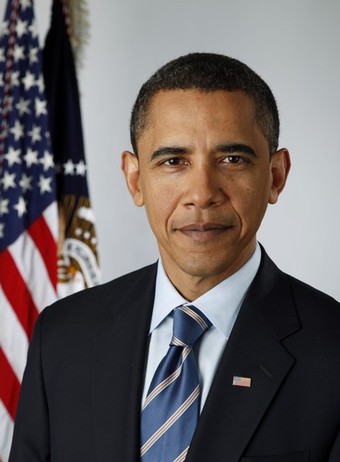Obama health reform strategy is money first


Get the money first. This changes the terms of the debate, from what will it cost to how do we do things more efficiently?
The Stimulus package featured money for health IT, and an extension of federal coverage to children and the unemployed. The budget aims to get the rest of the money by getting insurers out of Medicare and pushing down drug costs.
The result, as our friends at BNET note, is a $634 billion fund that can expand coverage, under the new budget's terms, to all Americans.
The strategy is a contrast to what the Clinton Administration tried to do in 1993, namely combine the debates about financing and reform into a grand bargain that was never struck.
The Obama strategy of doing health reform in pieces left conservatives clutching at air, even those who were aware of his plan.
Their warnings, that health IT money in the stimulus would lead to socialism, were seen as extreme. Big business, seeking a way to get health care off its books, changed sides.
Conservative allies in the insurance industry have already bought, in theory, an end to underwriting. Their arguments against comparative effectiveness backfired, as they wound up opposing the insurance industry's own tech plans.
What is left is their alternative vision of Health Savings Accounts, an approach that becomes more distant with each Congressional vote, and ideology, personal attacks or charges of socialism, which most voters currently reject as shrill.
There is still an enormous amount missing. It's obvious with each passing day that the Administration lacked a Plan B for Tom Daschle. No HHS Secretary has been appointed, and thus Bush Administration holdovers are still in charge of reform.
Their plans, especially in the area of IT, could be irreversible before Obama's people arrive to change course.
But by concentrating on the money first, and using the typical Presidential honeymoon to push for the money, the Administration has bought itself time.
By the time Obama is ready to engage on his true reform agenda, the debate will not be about funding, but about using the money wisely.
That's a debate the President might well win.